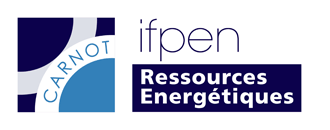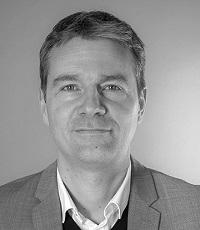 Geothermal energy
Geothermal energy
OVERVIEW AND CHALLENGES
"Deep" geothermal energy, as opposed to surface geothermal energy, aims to harness the heat of the subsurface as a source of heating or electricity. These two objectives are achieved to varying degrees depending on the geographical area.
Electricity generation
- The power required is such that its potential remains limited to only a few geographic zones in France (Upper Rhine Plain, Massif Central and French Overseas Departments and Territories),
- However, development perspectives outside France are substantial (Iceland and Italy for example),
- The cost of the electricity produced is comparable to that produced from other renewable energies,
The supply of the heating network
- This application is already a reality in France, particularly in the Paris basin,
- Its development potential remains significant.
At present, the geothermal sector is still dependent on Government support. Cogeneration and the production of related products — such as lithium contained in geothermal waters, for example — will have to be integrated in the future to increase the profitability of operations and thus reduce the cost of the energy produced.
IFPEN is well placed to support geothermal sector players, thanks to its expertise covering the entire value chain. This knowledge and expertise have been built up over the last ten years or so in the field of underground geosciences, from the observation to the modeling of problems. Its strengths primarily concern exploration, engineering, exploitation and expert knowledge of energy equipment.
The 2019-2023 and 2024-2028 multiannual energy plan (MEP) foresees a significant increase in the heat produced by deep geothermal energy. This heat, which was 2 TWh in 2017, should reach 3 TWh in 2023 and between 5 and 7 TWh in 2028, i.e. a tripling in ten years.
As for the installed capacity of electricity production from geothermal energy, which was 16 MW in 2016, the revised MEP of 2021 prioritizes geothermal energy over heat production with an electricity production target slightly revised upwards to 24MW for 2023.
IFPEN provides a wide range of skills to support the development of the sector. Its modeling tools can be used to evaluate resources over time. IFPEN also has the equipment and knowledge required to deal with the problems of corrosion and mineral deposits in wells. IFPEN is also involved in the design phase of surface equipment.
IFPEN proposes concrete, innovative and reproducible solutions to overcome the technical and economic challenges limiting the industrial development of geothermal energy.
Our solutions Our networks Our strengths






